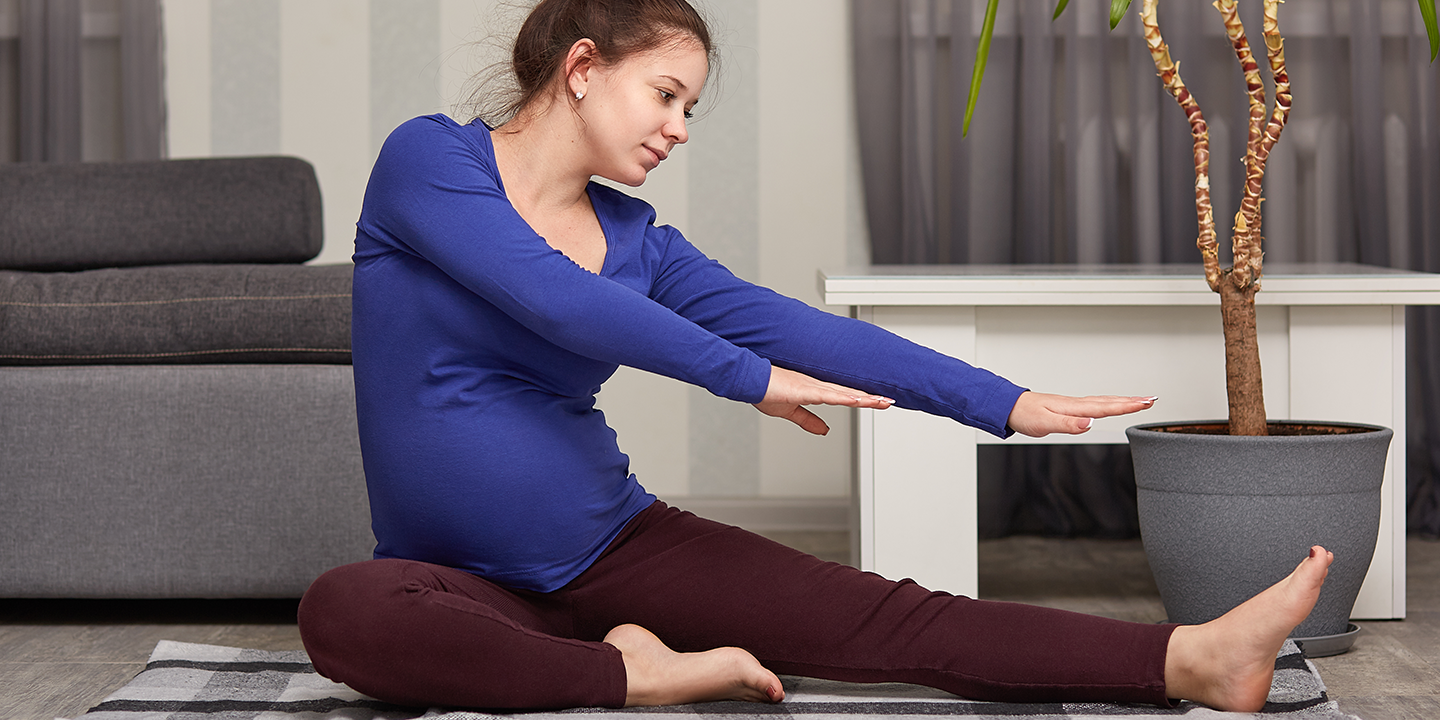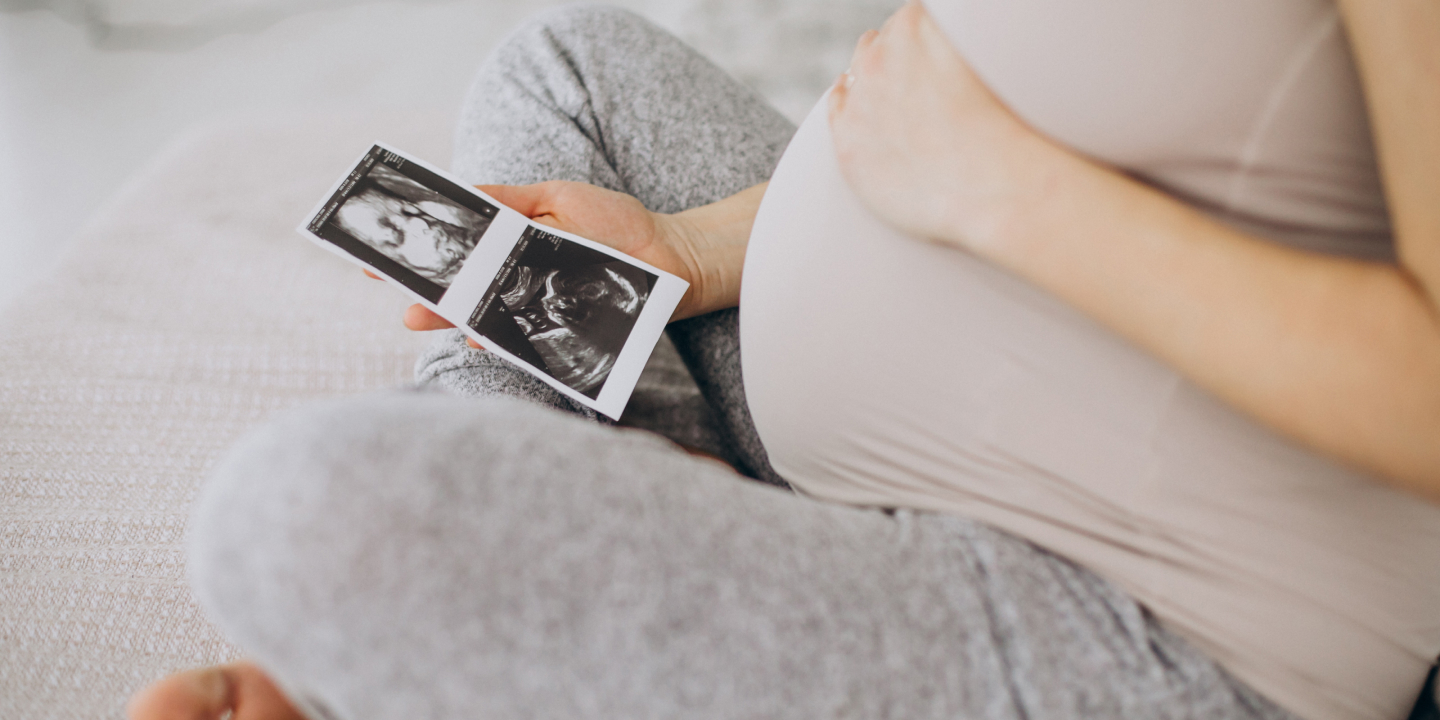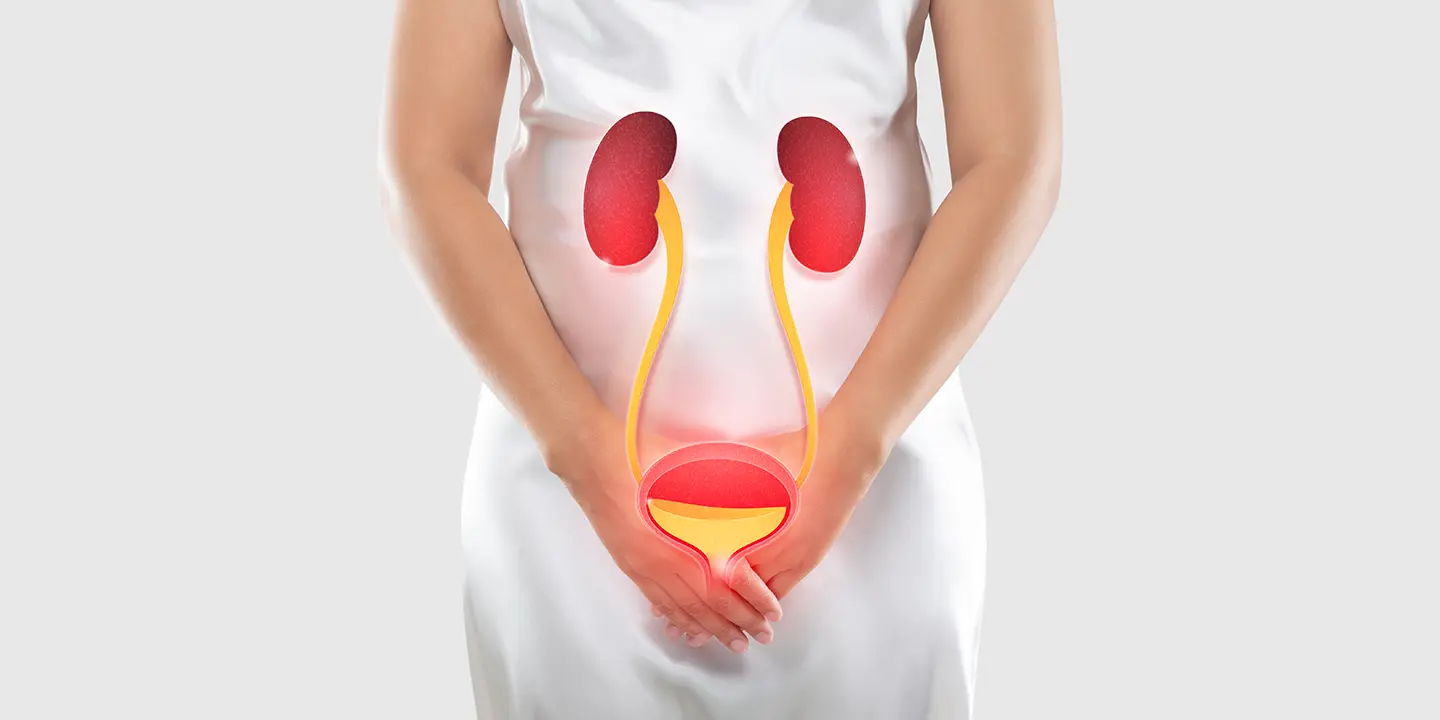
In an era where women’s empowerment and choice are paramount, technological advancements have paved the way for women to take control of their reproductive health like never before.
Egg freezing, scientifically known as oocyte cryopreservation, has emerged as a groundbreaking method that empowers women to preserve their fertility for future endeavors. It gives women the choice to choose when and if they want to conceive a biological child in the future against the ticking clock of fertility.
If you are considering undergoing egg freezing and have been looking for a comprehensive understanding of the procedure, treatment, benefits, and associated costs, everything will be discussed at length in this article.
In this Article
Egg Freezing or Oocyte Cryopreservation – An Overview
Despite its commonality now, Egg freezing is still a misunderstood procedure that people are either unaware of or have confusing insights about.
The procedure is a type of assisted reproductive technology (ART) wherein a woman gets to freeze their harvested eggs in sub-zero temperatures for the future when they want to conceive their biological child.
Irrespective of the reason behind egg freezing, the end goal is preserving fertility for the future. Harvesting and freezing eggs at a younger age comes with several benefits, especially because it enables women to take the time they need to focus on themselves, their career, and their health.
Some women even delay conception until they have found the right partner see a future, and are stable enough to have a child. The choices are entirely on the woman and their choices regarding their journey into parenthood.
What Can You Expect from the Egg Freezing Procedure?
The egg-freezing procedure is an intricate blend of medical expertise and cutting-edge technology, offering women the chance to defer pregnancy while safeguarding the quality of their eggs.
It is generally a four-step procedure – ovarian stimulation, egg retrieval, cryopreservation, and storage.
However, before the actual procedure, we prioritize an in-depth and comprehensive consultation and medical evaluation with one of our specialists at Queen’s Gynecology. This is mandatory to assess that the patient is in optimal health to undergo the procedure to preserve their fertility for the future.
Following the initial consultation comes the four-step procedure of freezing eggs. Here’s a detailed breakdown for better understanding.
1. Ovarian stimulation
The egg-freezing journey in a woman starts with ovarian stimulation. When you look into it, the first step is hands down the most crucial one in the journey.
This stage is done after a thorough consultation with one of our leading gynecologists at Queen’s Gynecology. The process involves administering hormonal medications as injections to trigger the production of multiple eggs in the ovary in a single cycle.
During this stage, the primary goal is to trigger the ovary to produce multiple eggs simultaneously to increase the chances of a successful retrieval. The process also involves close monitoring using imaging techniques like ultrasound to assess the progress of egg production and to ensure that they are developing optimally.
2. Egg retrieval
The second step in the process is the highlight. Once the eggs have reached the desired level or stage of maturation, follicular aspiration is done to retrieve those eggs.
Generally, the step is done under sedation. A thin needle is inserted into the ovary following the path of the vaginal wall and cervix. It is done via ultrasound guidance for optimal precision and accuracy. Once the needle is inside the ovary, it retrieves the eggs from the mature ovarian follicles.
Since this particular process is crucial and integral to the egg-freezing procedure, our experts at Queen’s Gynecology conduct the same with finesse and accuracy for satisfactory results and minimal patient discomfort.
3. Cryopreservation
Cryopreservation is the egg-freezing process that leverages the combination of physics and cryobiology. Once the eggs are successfully retrieved, they undergo extensive preparation, where the eggs are treated with cryoprotectants to shield them from ice crystal formation during freezing.
The main objective behind treating the eggs with cryoprotectants is to reduce the risks and possibilities of cellular damage and retain the viability of the retrieved eggs for when the patient wants to conceive a child in the future.
The eggs are then rapidly cooled to sub-zero temperatures using vitrification. Vitrification is a flash-freezing method that circumvents ice formation, avoiding the potential damage that ice crystals can inflict on delicate cellular structures
4. Storage
The last step in the egg-freezing process is storage. The frozen eggs are generally stored in specialized containers immersed in liquid nitrogen. They are kept in cryobanks that charge an annual or one-time fee for a certain period to store the frozen eggs until they are ready to be thawed for future use.
Simply reading through the freezing eggs procedure is enough to appreciate the intricacies and advanced that have come about with modern medicine and technology.
What are the Benefits of Egg Freezing?
Women are often told time and time that they are running against the time, especially when it involves their biological clock.
With age, the eggs’ quality and vitality deplete, along with the ovarian reserve, which is one of the reasons why several women find it hard to conceive naturally after they turn 35 years.
Following are some of the benefits of freezing eggs:
Extended reproductive window
Not every woman wants to conceive a child in their 20s and not even in their 30s. However, owing to the biological demand, it goes without saying that egg freezing allows women to delay their childhood and extend their reproductive window.
Preserving and freezing the eggs at a young age when they are at their prime quality ensures that when and if a woman wants to get pregnant in the future, they can consider undergoing IVF and conceive a child in their comfort without having to compromise on their personal or professional aspirations in life.
Medical reasons
Several women, especially cancer patients, opt for freezing their eggs before the initiation of their rigorous treatment regimen to preserve their fertility for the future.
Since medical conditions like cancer and autoimmune disorders directly impact one’s reproductive health, freezing the eggs is always a favorable way to preserve one’s chances of conceiving a biological child.
Personal autonomy
We touched base with this in a previous section, but not every woman is ready to become a mother right after marriage or in their 20s or 30s.
Egg freezing empowers women to take charge of their reproductive choices. It offers control over family planning, reducing societal pressures and allowing women to make informed decisions.
Partner compatibility
Choosing parenthood is an act of responsibility, and you want to set sail on this journey with a partner that understands you and that you are compatible with.
In some cases, egg freezing also provides couples time to synchronize their life trajectories and decide the optimal time to start a family. At Queen’s Gynecology, we often encounter such patients. In that case, our priority is to connect them with a counselor to help them understand the ultimate route for future family planning.
Personal circumstances
What about women that want to focus on and prioritize their careers? What about women without a compatible partner to start a family with?
There are multiple circumstances where a woman might want to delay their motherhood, and egg freezing makes that choice easier on them.
Overall, irrespective of one’s personal choices and circumstances, egg freezing is a safe and viable option for women who want to preserve their fertility for the future without compromising on their present.
What is the Cost of Egg Freezing in India?
The female egg-freezing cost in India will vary from one clinic to the other. There are several factors at play. If you want an average rundown, the egg freezing cost in India starts from INR 1,20,000 and can go as high as INR 2,00,000.
Some of the factors that decide the overall cost of egg freezing are:
Medical evaluation
This accounts for the initial consultation with one of our trained gynecologists at Queen’s Gynecology. During this appointment, our doctors will assess your current reproductive health and look through your medical history to determine whether you are healthy to undergo the egg-freezing procedure.
The initial consultation and evaluation generally include a doctor’s appointment, ultrasound, blood tests, consultations with specialists, etc.
Ovarian stimulation and retrieval
This particular phase of the treatment accounts for the maximum costs. The common expenses include hormonal injections, monitoring, and the actual follicular aspiration procedure.
Cryopreservation and storage
The cryopreservation process and subsequent storage fees add to the total cost. Some clinics offer package deals that include several years of storage.
The costs involved in these steps will vary from one clinic to the other. We’d recommend that you perform your research to account for the best option for you and the kind of budget you can afford.
Miscellaneous costs
This includes additional costs like anesthesia, facility charges, follow-up treatment, ambulance services (if you get any), etc.
Overall, we prioritize transparency at Queen’s Gynecology, which is why every step of the procedure and the allied costs are discussed before the start of the treatment. There are no hidden charges or costs.
What are the Side Effects or Risks of Egg Freezing?
Egg freezing is generally a safe medical procedure and one that’s available on a global scale now. It is hands down one of the most effective ways for women to preserve their fertility. However, like most medical procedures, even egg freezing has a few side effects or risks.
All of these potential complications are explained at length by our gynecologists to the patients at Queen’s Gynecology. Since we aim to offer patient-centric treatment, patient education is paramount to ensure they make informed decisions along the way.
Some of the egg-freezing side effects include:
The ovarian stimulation phase may lead to temporary physical discomfort, including bloating, abdominal discomfort, and breast tenderness.
The decision to freeze eggs can have emotional implications. Some women may experience stress, anxiety, or pressure due to the complex nature of fertility preservation.
Although rare, there are potential risks associated with the egg retrieval procedure, such as infection, bleeding, or damage to surrounding organs.
The success of egg freezing depends on various factors, including the woman’s age at the time of egg retrieval and the quality of the eggs. It’s essential to have realistic expectations about the potential outcomes.
These are some of the most common factors we discuss before initiating the egg-freezing procedure in our patients.
Conclusion
Egg freezing has transcended the boundaries of conventional family planning, offering women a remarkable opportunity to take control of their reproductive destinies. This revolutionary procedure bridges biology and modern aspirations, allowing women to pursue education, careers, and personal growth without compromising their dreams of parenthood.
If you are considering freezing your eggs, our specialists at Queen’s Gynecology are here to guide you through every step of the treatment. Make the most use of the power of choice and autonomy at our clinic, which takes care of all your egg-freezing needs.For more details, kindly visit our website or contact us at +91 9654999888.
FAQ’s
As a woman, if you aren’t ready for motherhood in your 20s and 30s and instead want to focus on personal and professional aspirations, egg freezing is, in fact, a fantastic option, especially when it involves preserving fertility with healthier and more viable eggs.
If you are considering freezing your eggs, the age between 25 to 35 years is considered optimal. The younger you are, the better would be the quality of the eggs that you are considering freezing for future use.
During egg freezing, your doctor or fertility specialist will walk you through a list of dos and don’ts. Among them, one of the most important is avoiding hot tubs, steam rooms, and saunas since they hinder follicular maturation.

























































































































































































